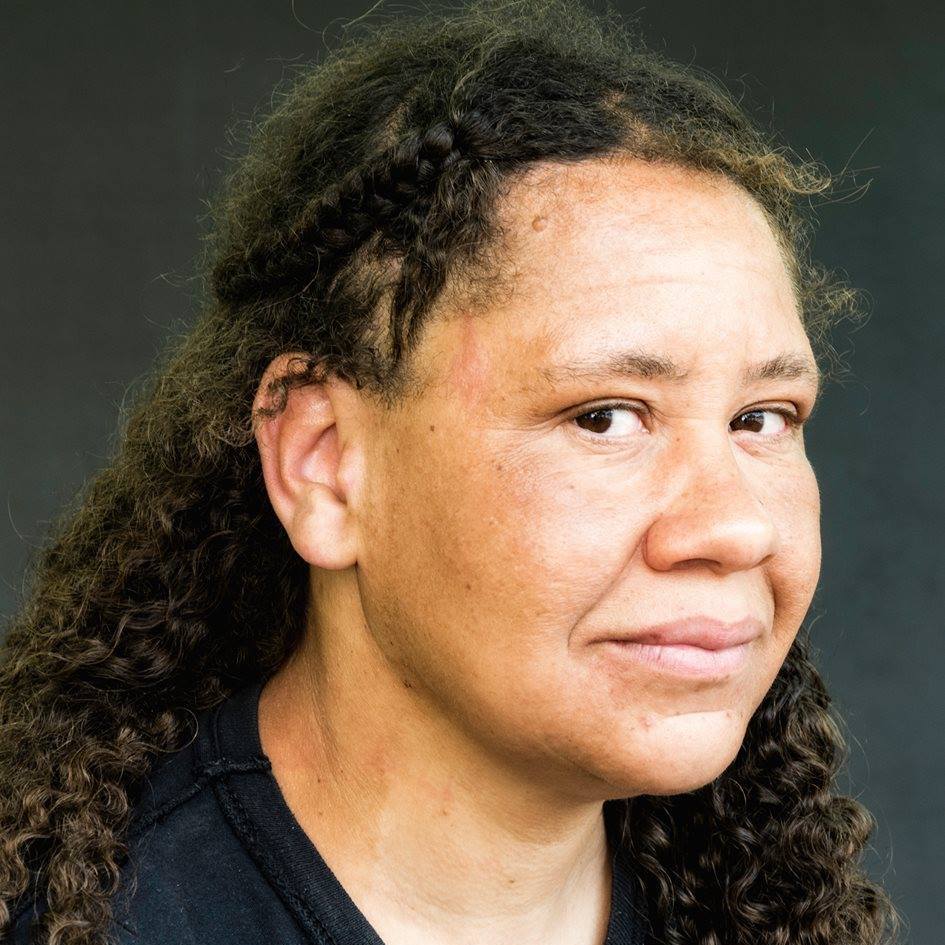So, on top of all the other challenges we face as a small regional theatre company, we now have to face Covid-19.
This is going to be a death knell to many theatre and film production companies. With (quite nessecarily) theatres closed, and film productions shut down, and us all encouraged to at the minimum socially distance, and if ill (even with a cold) to self isolate.
As with all other businesses and organisations, it is down to us to help set a good example and not only look after our cast, crew and audience members, but also on a wider scale, to not break the reccomended methods for keeping people safe.
We have lost our main funding source - the market where we have our book stall is closed.
Theatres are closed - so we have no shows in rearly spring therefore no Spring earnings for cast & crew
We cannot meet to make films for festivals - social distancing.
This does not mean we are finished. FAR from it. We are adapting and developing new temporary ways of working. All work is now happening online.
- We are rebooking our shows for a time that hopefully life will be starting to get back to normal.
- We are rehearsing and meeting online using a video-conferencing system called Zoom. (many thanks to the people on Women+ In Theatre for reccomending). Until it is safe, there will be no meetings in person.
- We are setting up online broadcasting, so that we can live-broadcast Zoom-based readings and other creative work on a "pay what you can" model.
- We are finding ways that our people can offer their skills online, for a small fee just over UK minimum wage), helping them raise some money for the time being.
- We are working on funding bids, networking, and preparing all sorts of things to build company publicity, funds (ultimately to find ways to fund full wages for all cast and crew as opposed to profitshare), developing further expertise by online and book study, and networking.
- We are writing new scripts & training manuals, making new costumes, repairing equipment, and doing all those tasks that we didnt have time to complete before, that can all be done from home with no physical interaction.
- We are keeping a safe locked online network for our cast and crew to chat and interact, with friends from our productions - helping keep all our mental health together at this incredibly stressful time.
Ultimately, however upsetting and stressful (and absolutely heartbreaking) it is, we will survive this. We will even have developed new things,and when things are able to get back to normal, we will have used this time as well as possible. We will have the technology to reach many more audiences via online broadcast. We will have maintained interaction and operation. We will have developed and grown many things. We will be ready to hit the ground running.
For now, please stay at home if you possibly can, keep well and safe, look after those around you, follow social distancing advice, and do not, whatever you do, give up. This storm will pass. Decide that you WILL emerge victorious, just as we have decided.

 RSS Feed
RSS Feed
